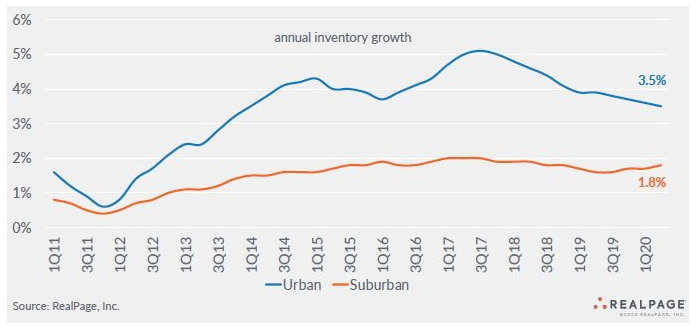Comparing Urban vs. Suburban Real Estate Markets: Which is Better?

Urban vs. Suburban: Choosing Your Real Estate Destiny
The age-old debate continues: city life or suburban sprawl? This choice often boils down to personal preference, but when it comes to real estate, the decision can be a bit more complicated.
Urban Real Estate: The Buzz and the Bite
- The Pros:
- Walkability and Convenience: Forget driving! Urban living often means walking to work, restaurants, and entertainment.
- Public Transportation: Extensive public transportation systems make getting around a breeze, reducing reliance on cars.
- Cultural Hubs: Cities are brimming with museums, theaters, art galleries, and diverse culinary experiences.
- Job Market: Urban centers are typically home to thriving job markets with a wide range of opportunities.
- The Cons:
- High Costs: Urban real estate is notoriously expensive, with limited space and high demand driving prices up.
- Limited Space: Apartments are often small and compact, especially in densely populated areas.
- Noise and Crowds: City life can be noisy and crowded, with constant hustle and bustle.
- Traffic Congestion: Even with public transportation, traffic can be a nightmare during peak hours.
Suburban Real Estate: The Quiet Comfort and the Commute
- The Pros:
- Space and Affordability: Suburbs offer more spacious homes and larger yards at generally lower prices than urban areas.
- Quiet and Peaceful: Suburbs often provide a more relaxed and peaceful environment, away from the city’s noise and crowds.
- Stronger Sense of Community: Neighborhoods in suburbs often foster a strong sense of community, with local events and social gatherings.
- Schools and Parks: Suburbs often boast excellent public schools and plenty of parks and green spaces.
- The Cons:
- Commute: Suburbs are typically located outside of city centers, requiring commutes to work, shopping, and entertainment.
- Limited Public Transportation: Suburbs often have less reliable public transportation than cities, making cars a necessity.
- Lack of Diversity: Suburban communities can be less diverse than urban areas, with fewer cultural and culinary options.
- Maintenance: Owning a larger home in a suburb means more upkeep, including landscaping and exterior maintenance.
The Bottom Line:
There’s no one-size-fits-all answer to which real estate market is better. Ultimately, the best choice depends on your individual needs and priorities.
- If you value convenience, culture, and job opportunities, urban real estate might be your best bet. Be prepared for high costs and limited space.
- If you crave space, affordability, and a quieter lifestyle, suburban living might be more appealing. Consider the impact of commutes and limited public transportation.
Consider these factors when making your decision:
- Lifestyle: What kind of lifestyle are you seeking? Do you prioritize walkability, cultural experiences, or quiet and space?
- Budget: How much can you afford to spend on housing?
- Commute: How important is a short commute to you?
- Family: Do you have a family or are you planning to start one?
No matter where you choose to settle, the right real estate market will provide you with the foundation for a happy and fulfilling life.

